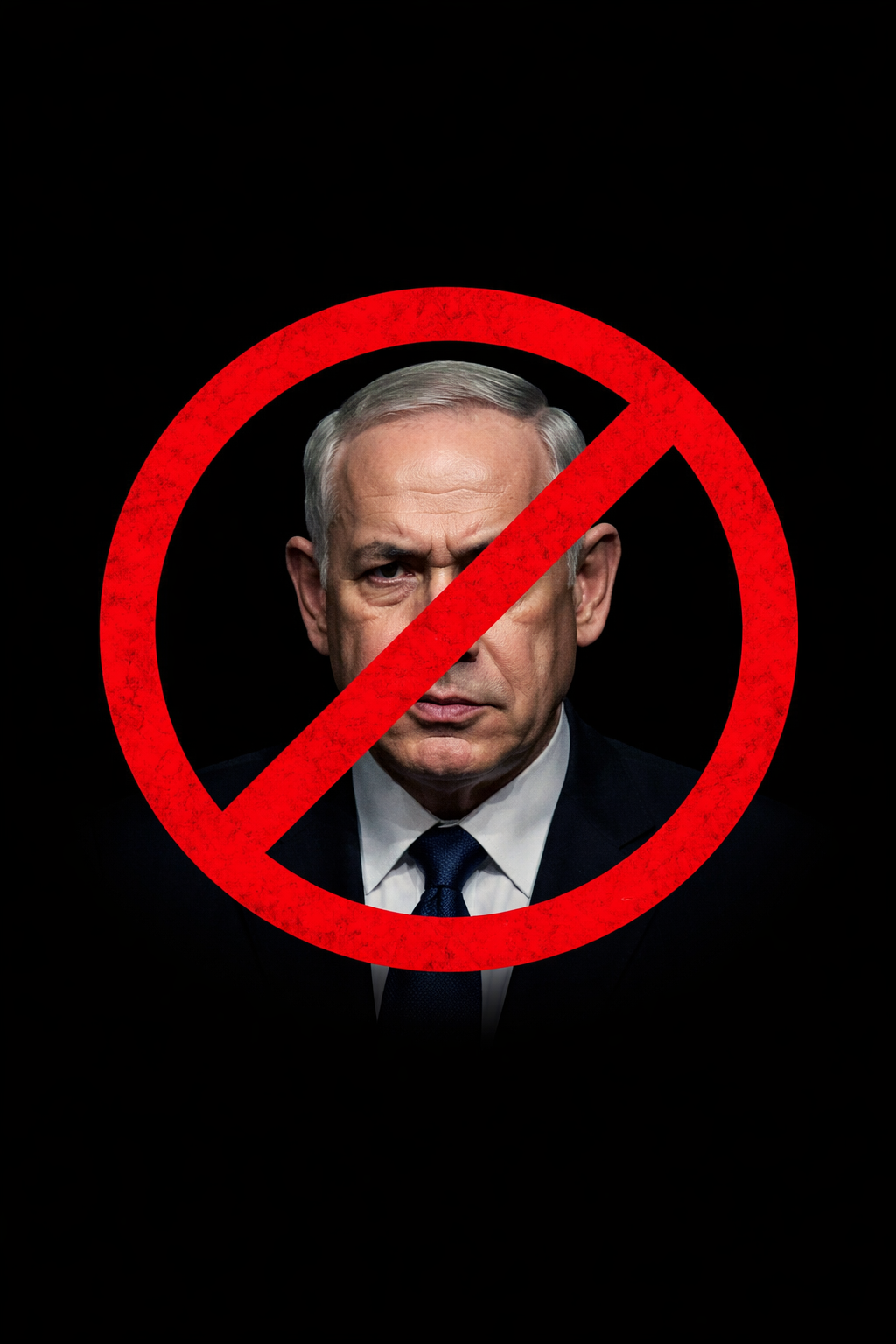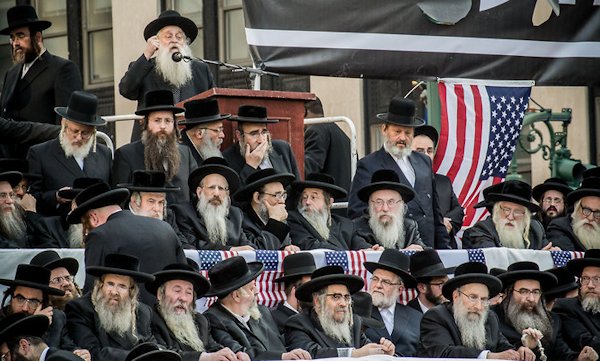The Dangerous Myth: Why Israel Doesn't Make Jews Safer - A Torah Perspective
.png)
The Numbers Tell the Story
More Jews have been killed in Israel since 1948 than in all other countries combined during the same period. If you were trying to find the most dangerous place for a Jew to live in the past 75 years, statistically, it would be Israel.
It's not for nothing that the Global Peace Index ranks Israel the 9th most dangerous country in the world to live in, on the list between Syria and Mali.
Furthermore, it's a fact that during an Israeli war, anti-Semitic incidents around the world shoot up. Jews are viewed as supporting and representing the State of Israel.
There's also the dual loyalty trap. When a foreign government claims to represent all Jews, it creates a dangerous perception. Suddenly, a Jewish American isn’t just an American — he’s suspected of having allegiance to a foreign power. This is exactly what our enemies throughout history have falsely accused us of, and now there’s a state that actually claims this is true!
Thousands of years ago, the Torah and our Talmudic Sages taught us that Jews are safer in the diaspora. As long as we are in exile, we are guaranteed Hashem's protection, as the Torah says: "And even this, when they were in the land of their enemies, I did not reject them nor despise them, to destroy them, to annul My covenant with them, for I am Hashem their G-d" (Vayikra 26:44). If we leave exile, there is no such guarantee.
In fact, the Sages say that the dispersion of Jews itself is Hashem’s way of protecting them. If we were to gather the Jews to one place, it would not be saving them but rather putting them in even greater danger. In the words of the Gemara (Pesachim 87b): "The Holy One, blessed is He, did kindness with the Jewish people when He scattered them among the nations.
The Tanna Devei Eliyahu (10) says that in a debate with a Roman, the Sages said, "The owner of the house knows where to keep his tools. And when the owner of the house comes back to his house, he will bring his tools with him into the house." Immediately, the Roman understood. “When we met to plan to destroy you, we said, 'If we kill those in the Holy Land, who will kill those in the north and the south? And in this manner our plans are abandoned.' Truly, the Owner of the house knows whereto keep His tools, and when the Owner comes home, He will bring His tools into the house."
When Yaakov prepared to meet his brother Esav, he divided his wives and children into two camps. Chazal saw this as the prototype for the dispersion of the Jews as a method of protecting them, as the Ramban points out in his commentary on Chumash.
"If Esav comes to one camp and smites it" – this refers to our brethren in the south – "the remaining camp will escape" – this refers to our brethren in exile (i.e.Babylon). (Bereishis Rabbah 76:3)
"If Esav comes to one camp and smites it, the remaining camp will escape." This verse refers prophetically to the exile of the Jewish people. Esav will never blot out our name; they will only be able to harm some of us in some of their lands. One king will pass decrees against us, while another king will accept our refugees into his land. This is what our Sages say in the Midrash. (Ramban on Bereishis 32:9)
Rabbi Meir Leibush Malbim uses this concept to explain the verse, "And Hashem will scatter you among the nations, and you will remain few in number" (Devarim 4:26). This scattering is for the benefit of the Jewish people, so that if the nations decree upon them destruction in one place, they will survive in another place. Thus the two halves of the verse are connected: Hashem will scatter you among the nations, and by virtue of this scattering you will remain. Although you will be few, you will never perish entirely.
It’s time Jews realized that the State of Israel is a liability, not an asset.





